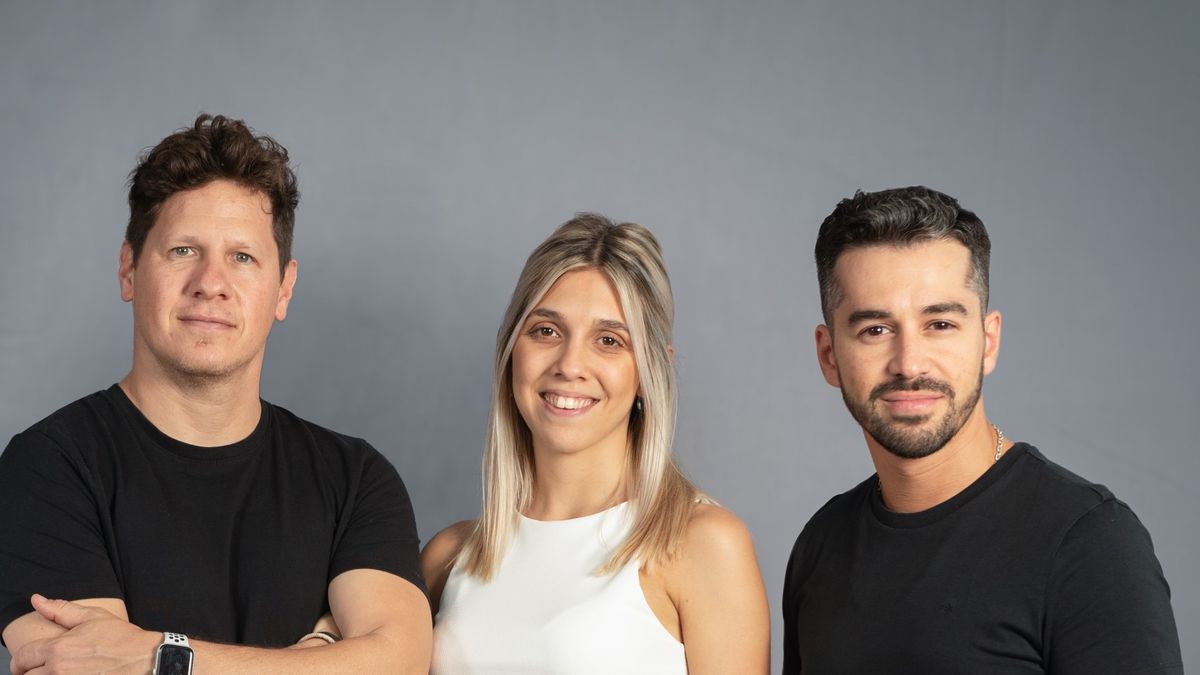In that framework, opportunities multiplied and allowed the application of all types of technologies for the industry: from IoT (Internet of Things) as networks that connect physical and virtual objects, Big Data with predictive analysis for patient health, Artificial Intelligence in the development of algorithms that allow process data at speed, also achieving machine learning, Blockchain, to preserve sensitive patient information in hospitals or clinics.
Thus, Endeavor identified some of the changes that have occurred since then and favored the development of the healthtech industry.
For example, he cited advances in preventionwhich made disease diagnoses increasingly earlier and more accurate. Interventions and treatments tend to be increasingly precise, less complex and invasive, and their costs They became more accessible for users.
health was completely redefined as a general state of well-being that encompasses not only the physical, but also the mental, social, emotional and spiritual.
He also noted that the industry was changing its focusfocusing increasingly on the consumer. This is how applications to keep track of daily water intake, smart watches for exercising and recording sleep, and even a step counter on your cell phone emerged. “There is more and more information available to make better decisions about our health”he highlighted.
New investment between technology and health companies
According to the consulting firm CB Insights, with the arrival of the covid pandemic venture capital investment in “healthtech” startups in Latin America multiplied by five. Since that moment, companies such as Amazon, Google, Microsoft, Tencent, Intel, Samsung, Cisco, Facebook, Comcast and Alibaba allocated resources to startups in the sector globally.
In this context, in the specific segment of shift management and services for health professionalsthe Cormos Groupfounded in 2015 by Argentine entrepreneurs and currently headed by its CEO, Marcos Surico, CEO.
The startup that currently operates as a marketplace for medical appointments recently invested US$500,000 for the purchase of the Meducar firm and now has six own companies: DrApp, Docturno, iTurnos; Wiri Health, Recipe and Meducar.
As a particularity, the group highlighted that with this incorporation It already has 50% of the companies in the local market in that specific segment.
The group has invested US$3 million in the country and its operations cover the management of more than 20 million medical appointments per year, which involve more than 20,000 doctors distributed in 3,000 medical centers throughout the country.
Maia AlbarracinDirector of Operations (COO) of Grupo Cormos, explained about Meducar: ”It is a system of medical office management which has functionalities such as online agenda, digital medical history, electronic prescription management, collection of appointments and co-payments with Mercado Pago, appointment reminders by email and WhatsApp, own website and Artificial Intelligence applied to medical records and the probability of absenteeism , among other benefits.”
“This service is added to continue contributing to reduce absenteeism by 80%save time organizing the office and reducing the work of the assistants, ensuring that the health professional have efficient and centralized management from his office; In short, it is a complete tool that digitizes the health center,” added Albarracín.
For its part, Marcos SuricoCEO and founder of Grupo Cormos, explained: “At Grupo Cormos we seek change the rules of the Argentine health system “in pursuit of offering easy and useful solutions to the sector and thus providing access to quality medical care for millions of users and members.”
And he added: “For the thousands of health professionals who use our services, we empower ourselves so that they can choose a different type of consultation than traditional ones, with better remuneration and time management. “We understand the healthcare ecosystem perfectly, which is why we offer services specifically designed to adapt to the systems and processes of each healthcare organization.”
The challenges facing the healthtech industry
On the other hand, based on the opinions of some entrepreneurs in this sector, the report listed some of the challenges that the industry continues to face.
The first is inequality in access to health that is registered throughout the world, not only in Argentina. Also mentions a high degree of regulation by country and globally
Advances are conditioned not only to market validation but also to the scientific community, a particularity of the industry that differentiates it from others.
The lack of sense of urgency that healthcare administrators and leaders present today to put to use all the data and the investment they made in digital systems.
And finally unproductivity of resources in medical provision on a global scale. Although human resources in the region are excellent, there is a lack of more professionals and specialists to accompany the discipline, the work assures.
Source: Ambito




